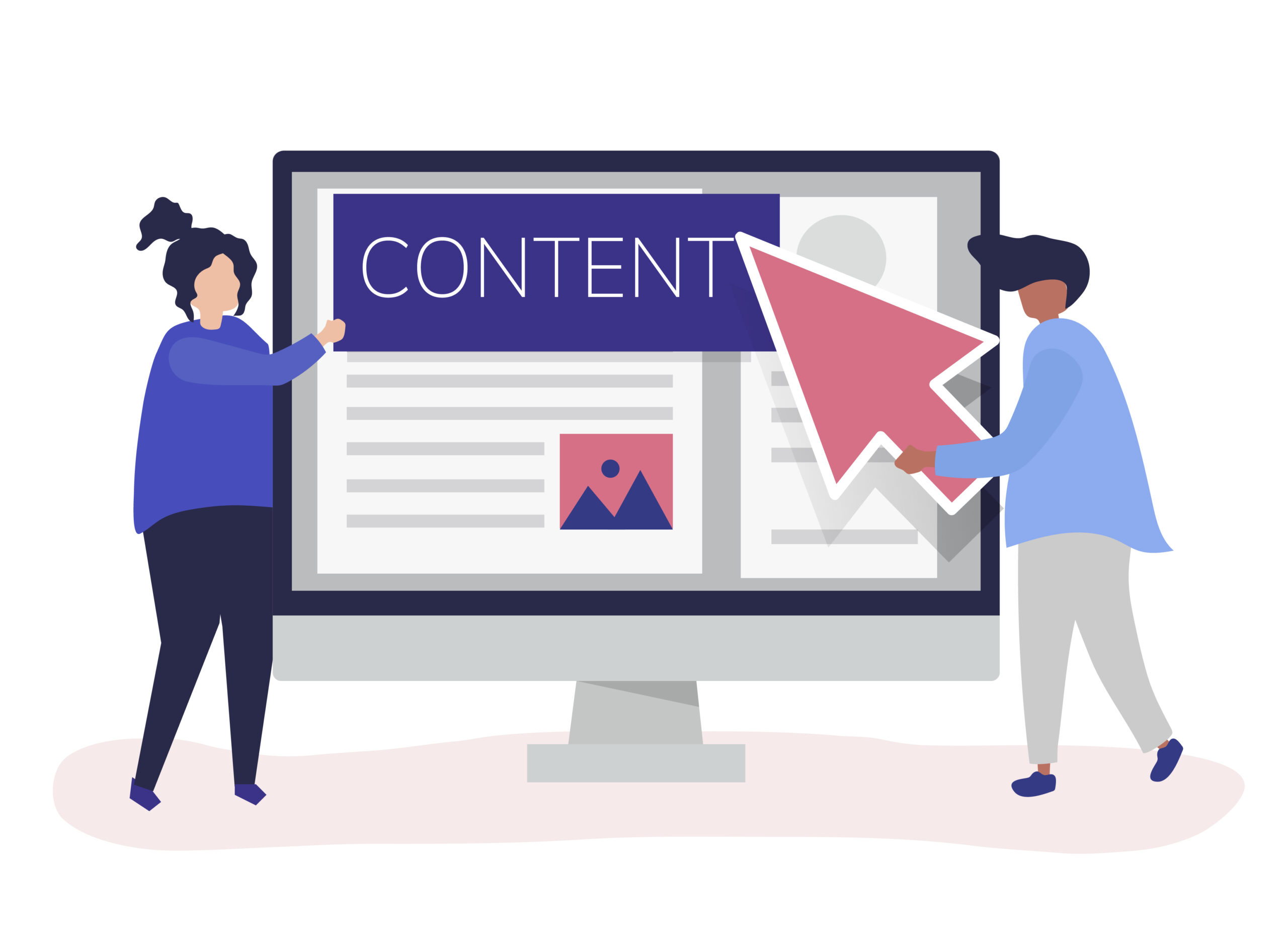2. Improved Conversion Rates
When content resonates with a user’s interests or search intent, they’re more likely to act—whether that’s making a purchase, signing up for a service, or sharing your content. Personalisation through tools like AI marketing can significantly boost these conversion rates.
3. Competitive Edge
In an overcrowded digital marketplace, standing out is crucial. Personalised content sets your brand apart by offering unique solutions and experiences that your competitors might miss.
How Does Content Personalisation Work?
The secret behind content personalisation lies in collecting and analysing data. Here’s how cutting-edge technologies make it happen:
Artificial Intelligence (AI)
AI powers personalisation by predicting what users might want next. It can create personalised emails, recommend products, or even optimise web pages for individual visitors. Tools driven by AI marketing allow brands to scale their personalisation efforts without sacrificing quality.
Natural Language Processing (NLP)
NLP enables chatbots and other tools to communicate with users in a natural, human-like way. This can provide personalised customer service or suggest relevant content based on queries.
Predictive Analytics
By analysing past behaviours, predictive analytics can forecast future actions. For example, it can determine when a user is most likely to make a purchase and trigger promotions at the perfect time.
Data Segmentation
Segmenting your audience into groups based on shared characteristics ensures that each group receives content that resonates with them. AI marketing tools make this process faster and more precise.
Types of Content Personalisation
Here are some ways brands use personalisation to engage their audience:
- Dynamic Website Content: Websites can adapt in real time to show content that aligns with a visitor’s browsing behaviour or preferences.
- Personalised Emails: Emails with tailored product recommendations or exclusive offers have higher engagement rates than generic blasts.
- Targeted Social Media Posts: By analysing user behaviour on platforms, brands can serve highly relevant posts to their audience.
- Customised Marketing Campaigns: Ads and promotions crafted for specific audience segments are far more impactful than one-size-fits-all campaigns.
The Role of AI Marketing in Personalisation
AI marketing has transformed content personalisation into an efficient and scalable process. Here’s how it’s making a difference:
Scalability
AI can personalise content for millions of users simultaneously, generating unique product recommendations, email copy, or even landing pages for each individual.
Real-Time Personalisation
AI enables brands to react instantly to user behaviour. For instance, if someone abandons their shopping cart, AI can trigger a follow-up email with a special offer almost immediately.
Enhanced Accuracy
With precise data analysis, AI ensures that the content delivered aligns perfectly with a user’s preferences, reducing irrelevant or off-target recommendations.
Challenges of Content Personalisation
While the benefits are clear, personalisation comes with some challenges:
- Data Privacy: Collecting data requires transparency and adherence to regulations like GDPR. Brands must prioritise user trust.
- Resource Demands: Setting up personalised campaigns can be resource-intensive, requiring significant investments in tools and training.
- Avoiding Intrusiveness: Over-personalisation can feel invasive. Striking the right balance is crucial to avoid alienating your audience.
How to Implement Effective Content Personalisation
To get started with content personalisation, follow these steps:
- Collect Quality Data: Use tools like CRM platforms and web analytics to gather actionable insights.
- Leverage AI Marketing Tools: From predictive analytics to content generation, AI marketing tools are invaluable for streamlining personalisation.
- Segment Your Audience: Group users based on shared behaviours or demographics for more targeted content delivery.
- Monitor and Refine: Continuously evaluate the performance of your personalised strategies and make improvements as needed.
The Future of Content Personalisation
The future is bright for content personalisation, with new technologies and trends on the horizon:
- Voice-Activated Personalisation: As voice search grows, brands can create experiences tailored to users of devices like Alexa or Google Assistant.
- AI-Generated Visual Content: AI tools will allow for personalised visuals in advertisements, enhancing user engagement.
- Hyper-Real-Time Adaptation: Future tools will offer even faster, more precise real-time content adjustments based on user interactions.
Conclusion: Why Content Personalisation Matters
Content personalisation is no longer optional—it’s essential for brands that want to thrive in a competitive digital landscape. By harnessing the power of technologies like AI marketing, businesses can create experiences that engage, convert, and retain their audience.
Looking to elevate your marketing with personalised strategies? At Admosis, we specialise in leveraging AI marketing to deliver tailored solutions that drive real results. Let’s work together to create impactful, personalised campaigns that resonate with your audience!
Image by Freepik
